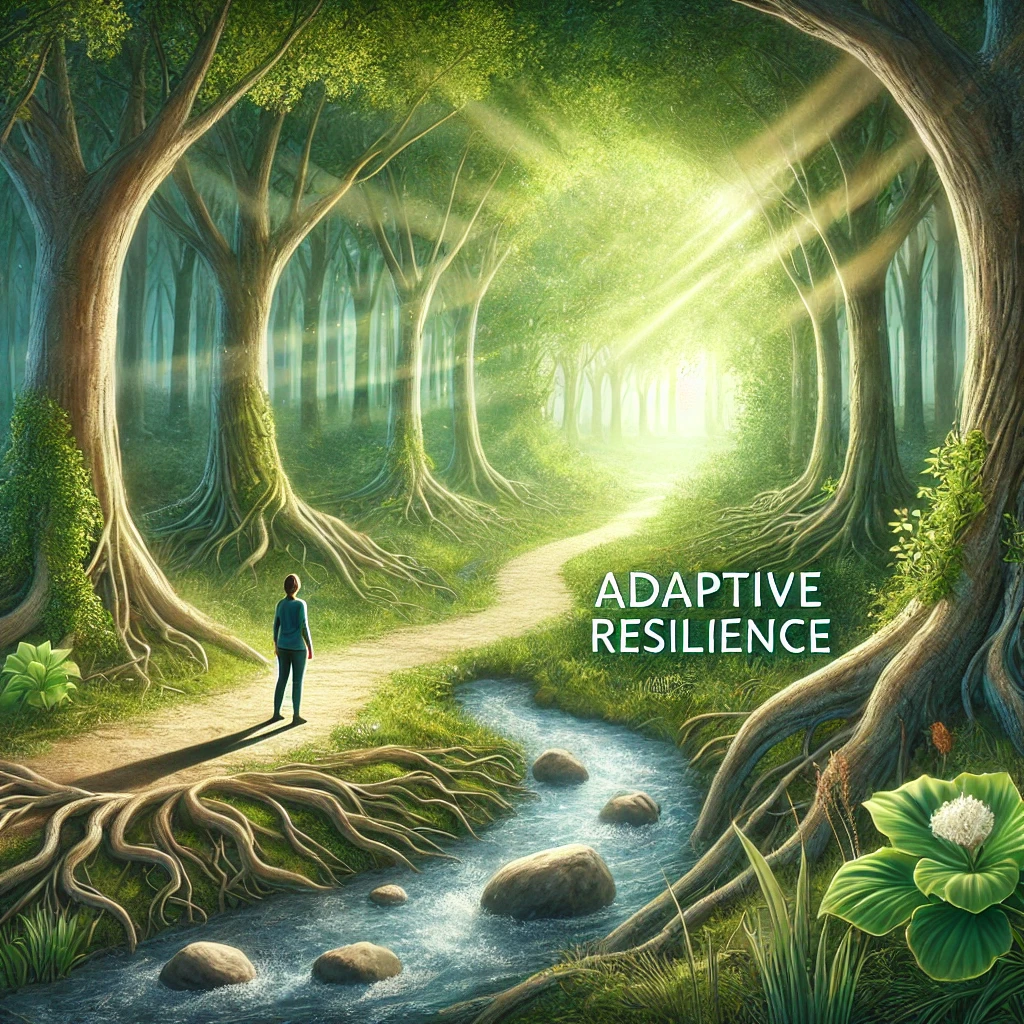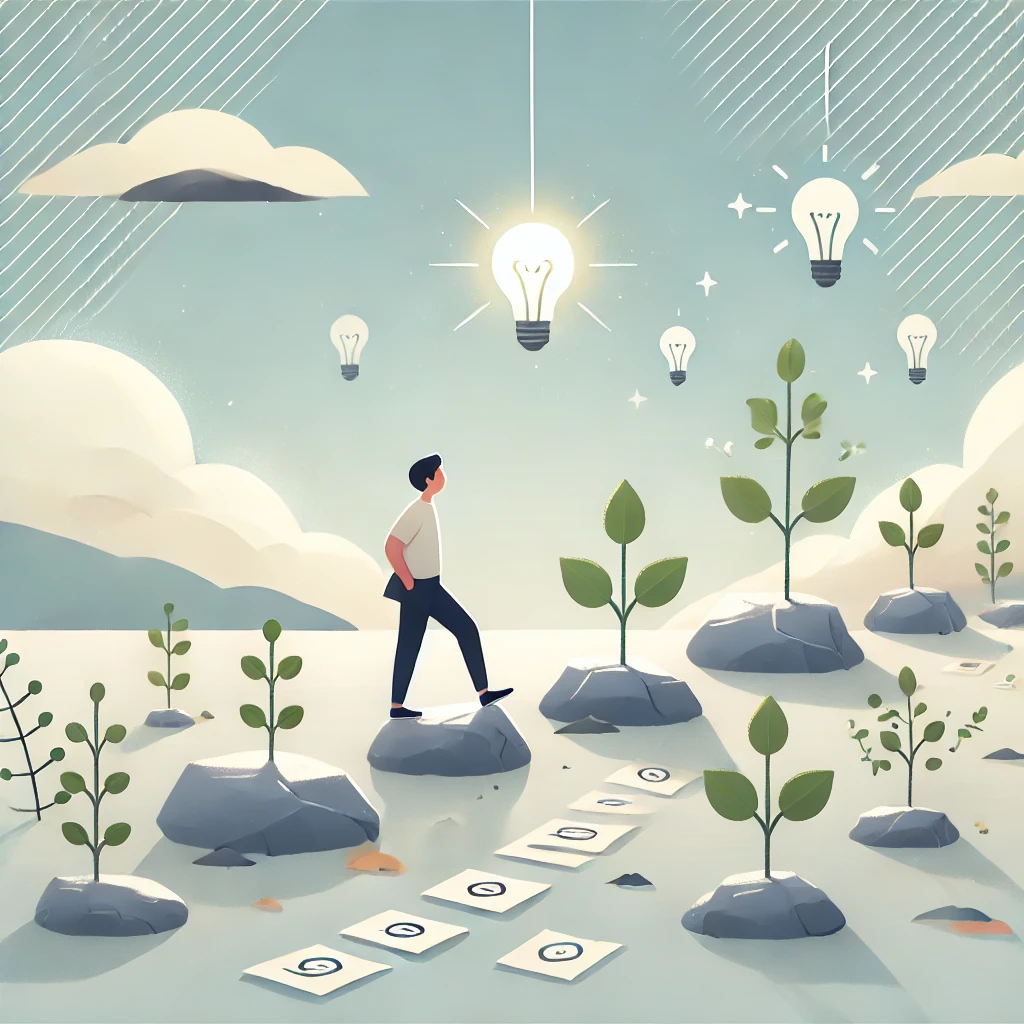The Symbolic Power of Light
Throughout history, light has been a powerful symbol of hope, strength, and renewal. From the flickering flames of candles to the vibrant lights illuminating homes and streets, festivals of light capture something profoundly universal about the human experience. Across cultures and traditions, these celebrations of light offer a shared language of resilience and a reminder that even in the darkest moments, light endures.
Light as a Metaphor for Hope
Light’s ability to pierce through darkness has long made it a symbol of hope. When we gather to celebrate festivals of light, we’re not simply lighting candles or lanterns; we’re participating in an age-old tradition of choosing hope over despair. This symbolism is seen in Diwali, the Hindu festival of light, where lamps (diyas) are lit to signify the triumph of good over evil. Similarly, Hanukkah candles commemorate the miracle of light that lasted against the odds, symbolizing the endurance of faith and resilience.
These festivals offer us more than historical stories; they remind us that light – even the smallest flame – is powerful enough to dispel darkness. During difficult times in our own lives, this symbolic message can be both comforting and empowering.
The Cycle of Darkness and Light
Many light festivals are held during the shortest days of the year, a time when sunlight is scarce, and nature lies dormant. The Winter Solstice, celebrated through Yule in Pagan traditions, marks the turning point when days begin to lengthen, and light returns. This cycle of darkness giving way to light mirrors life’s rhythms, showing that hardship, like the longest nights of winter, can eventually yield to brighter days.
In our lives, we can often feel like we’re stuck in metaphorical “winter” phases – times of difficulty, uncertainty, or loss. The presence of light in these dark times can symbolize resilience, patience, and the belief that things will eventually change. Just as the sun rises each morning, light always returns, bringing new possibilities with it.
A Universal Language Across Cultures
What’s fascinating about light festivals is how they emerge across nearly all cultures, from Christmas and Diwali to Saint Lucia’s Day and Loy Krathong. Each festival carries its own unique practices and stories, yet the symbolism remains strikingly similar. Light is more than a physical force; it’s a universal language that connects us, reminding us of shared values like courage, community, and unity.
In times of personal or societal hardship, festivals of light bring people together, fostering a sense of connection and solidarity. By participating in these traditions, we reaffirm a collective belief in light and hope, even when things seem bleak. The simple act of gathering and celebrating light becomes a powerful statement of resilience and a shared commitment to nurturing light for ourselves and each other.
Reflecting on Our Own Inner Light
As we move through life, there are moments when our own “inner light” may feel dimmed by challenges or doubts. Yet, these festivals remind us that light exists even in the darkest of places. We, too, have an inner light – an essence of resilience, kindness, and strength that can shine through difficulties. Like the candles lit on Hanukkah or the diyas on Diwali, our inner light can be a beacon, not only for ourselves but also for those around us.
The symbolic power of light teaches us that no matter how small or faint our light may feel, it is meaningful and has the power to bring comfort and hope to others. These festivals inspire us to nurture and protect this inner light, helping it grow and shine in times when it’s most needed.
Choosing Light in Our Lives
As we celebrate or reflect on these festivals of light, we’re invited to ask ourselves how we can carry this symbolism forward in our own lives. What does it mean to be a source of light for others? How can we cultivate our own inner resilience, even when faced with challenges? And perhaps most importantly, how can we remind ourselves that, like the returning sun after winter, there is always a path back to hope and renewal?
Whether lighting a candle or reflecting on the metaphorical light in our lives, we can find meaning in the universal power of light. In honouring these traditions, we not only connect to the wisdom of our ancestors but also to a sense of strength and unity that can sustain us through the darkest of times.
Continue your journey through the Festivals of Light series: explore the next reflection, The Cycle of Renewal or return to the main series page




